HoD Message
Welcome to the Mechanical Engineering Department at JSCOE! Since 2004, we have been dedicated to academic excellence, research, and industry collaboration. Our UG, PG, and Ph.D. programs equip students with strong technical skills, supported by state-of-the-art labs and a dynamic research center.
Our students excel in academics, winning gold medals in university exams and prestigious awards like KPIT’s Most Popular Project Award, Auto India Racing Championship, and Hackathon prizes. The "Discovery" innovation club fosters hands-on industry projects, leading to national and international recognition.
With top placements in Tata Motors, Piaggio, John Deere, TCS, Infosys, L&T, and others, our graduates secure packages up to ₹12 LPA, averaging ₹3.5 LPA. We are committed to shaping future engineers through innovation and excellence.
About Mechanical Engineering
Mechanical Engineering is the art of using problem-solving techniques and applying them to the design and manufacturing of an object. Essentially, a mechanical engineer uses creative design and analytical knowledge to turn a concept into something real.
JSCOE Mechanical Engineering Department was established in 2004 offers UG, PG & Ph.D. programs. This department is specially known for excellence in academics, acquiring research projects & placements.
The department has bagged gold medals in the university examination for three consecutive years and created a record. The Department has well equipped laboratories including a state-of-art research center.
The department has completed projects as also a few are in progress in collaboration with IITs, ONGC, and ISRO etc. under the research laboratory. Student innovation club “Discovery” in the department promotes students to work on real-time industry projects.
Every year the projects accomplished in the club are sent for National & International project competitions.
The Mechanical Department has won several National Level Project Competition awards like; Most Popular Project Award 2019 (Prize of Rs. 1 Lakh) - KPIT, Best Design & Aesthetic Award 2019 “ Auto India Racing Championship 2019” Second Prize in Hackethon 2019 and .., etc , Students are placed in core companies like Tata Motors, Piaggo, John Deere, Vishay as well as software industries like TCS, Infosys, L&T etc. with a highest package of 12 lakhs per year and an average package of 3.5 lakhs per year.
- Degrees Offered: Mechanical, ME Design Engineering & Ph.D.
- Duration: UG: 4 Years, PG: 2 Years & Ph.D.: 3 Years
- Intake: UG 120 Seats, PG 24 Seats & As Per University Norms

Vision
To be recognized globally as a center of quality education and research for aspiring mechanical engineer to cater to the ever changing demands of industry and society.
Mission
M1: To develop responsible mechanical engineers with strong technical skills to meet the needs of the profession and society.
M2: To develop the problem solving & research abilities in the students to meet the needs of the demanding challenges of society and other interdisciplinary areas.
M3: To inculcate moral values, leadership and professional skills for a long productive & influencing professional career.
Program Educational Objectives (PEO)
At the end of this program, student will be able to,
PEO1: The graduates will have a successful career in mechanical engineering with strong technical, research & professional skills.
PEO2: The graduates will possess an ability to work in diversified fields along with team work and leadership qualities.
PEO3: The graduates will continue to learn and to adapt in a society of constantly evolving technological environment.
Program Specific Outcomes (PSO)
At the end of this program, student will be able to,
PSO1: Specify, design and evaluate mechanical components and systems using modelling and analysis software.
PSO2: Apply knowledge of machines, tools, automation, properties of advanced materials and modern management methods for manufacturing of mechanical components and systems.
PSO3: Apply core aspects of thermal and fluid engineering to determine the performance of mechanical systems including power absorbing and power generating systems.
Program Outcomes (PO)
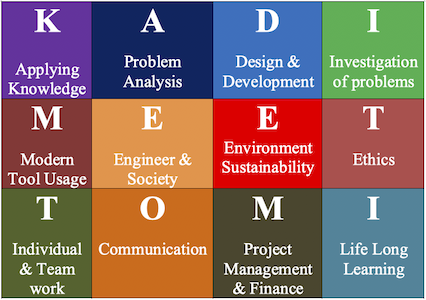
PO1:Engineering knowledge: Apply the knowledge of mathematics, science, engineering fundamentals, and an engineering specialization for the solution of complex engineering problems.
PO2:Problem analysis: Identify, formulate, research literature, and analyse complex engineering problems reaching substantiated conclusions using first principles of mathematics, natural sciences, and engineering sciences.
PO3:Design/Development of Solutions: Design solutions for complex engineering problems and design system components or processes that meet the specified needs with appropriate consideration for public health and safety, and cultural, societal, and environmental considerations.
PO4:Conduct investigations of complex problems: Use research-based knowledge and research methods including design of experiments, analysis and interpretation of data, and synthesis of the information to provide valid conclusions.
PO5:Modern tool usage: Create, select, and apply appropriate techniques, resources, and modern engineering and IT tools including prediction and modelling to complex engineering activities with an understanding of the limitations.
PO6:The engineer and society: Apply reasoning informed by the contextual knowledge to assess societal, health, safety, legal, and cultural issues and the consequent responsibilities relevant to the professional engineering practice.
PO7:Environment and sustainability: Understand the impact of the professional engineering solutions in societal and environmental contexts, and demonstrate the knowledge of, and need for sustainable development.
PO8:Ethics: Apply ethical principles and commit to professional ethics and responsibilities and norms of the engineering practice.
PO9:Individual and team work: Function effectively as an individual, and as a member or leader in diverse teams, and in multidisciplinary settings.
PO10:Communication: Communicate effectively on complex engineering activities with the engineering community and with the society at large, such as, being able to comprehend and write effective reports and design documentation, make effective presentations, and give and receive clear instructions.
PO11:Project management and finance: Demonstrate knowledge and understanding of the engineering and management principles and apply these to one’s own work, as a member and leader in a team, to manage projects and in multidisciplinary environments.
PO12:Life-long learning: Recognize the need for, and have the preparation and ability to engage in independent and life-long learning in the broadest context of technological changes.

Applied Thermodynamics Laboratory
The laboratory is equipped with number of equipment & experimental setups to study the fundamental & applied aspects of the Thermo ...
Read More
Power Plant Engineering Laboratory
Power Plant Engineering lab is well-equipped and enables students to understand the basic principles involved in power generation, ...
Read More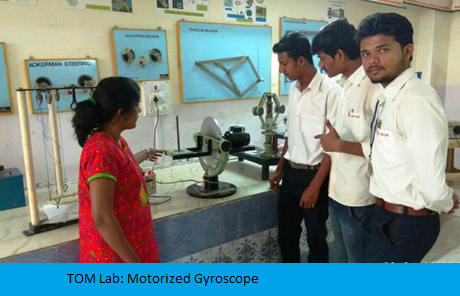
Theory of Machine Laboratory
To promote research and development in the field of Machines and Mechanisms by theoretical and experimental methods, along with th ...
Read More
Dynamics of Machinery Laboratory
The Dynamics of machinery is well-equipped and enables students to understand the basic principles involved in free and forced vib ...
Read More-
Dr. Patil Pradeep
Principal, Chairman, BOS Mechanical Engineering, SPPU Pune.
-
Ph.D. (Mechanical)
principal@jspmjscoe.edu.in
-
-
Dr. Phadkule Suneeta
Associate Professor
-
M.E. (Design Engineering), Ph.D. (Mechanical)
suneetaphadkule@jspmjscoe.edu.in
-
-
Dr. Sarje Suhas Hanmantrao
Professor
-
Ph.D. (Mechanical)
suhassarje@jspmjscoe.edu.in
-
-
Dr. Kosbe Pradnya
Head of Department
-
M.E (Design Engineering)Ph.D.
head_mechjscoe@jspmjscoe.edu.in, pradnyakosbe@jspmjscoe.edu.in
-
-
Dr. Kadam Prakash Gopalrao
Professor
-
Ph.D. (Mechanical)
prakashkadam@jspmjscoe.edu.in
-
-
Dr. Gaikwad Mahesh
Associate Professor
-
M.E (Design Engineering)Ph.D.
maheshgaikwad@jspmjscoe.edu.in
-
-
Dr. Alone Nilesh
Associate professor
-
M.E (Design Engineering), Ph.D. (Design)
nileshalone@jspmjscoe.edu.in
-
-
Dr. Gaikwad Pradeep Uttam
Assistant Professor
-
PhD.(Mechanical), M-Tech(Thermal Engg.).,BE(Mech.Engg.)
pradeepgaikwad@jspmjscoe.edu.in
-
-
Dr. Mane Laxman
Assistant professor
-
Ph.D. (Mechanical Engineering), M.E (Heat Power Engineering)
laxmanmane@jspmjscoe.edu.in
-
-
Dr. Kadam Prakash Mohanrao
Assistant Professor
-
Ph.D.(Mechanical Engineering)
prakashmkadam@jspmjscoe.edu.in
-
Mechanical Engineering Student Association (MESA)
Our main aim is to produce graduates to become future leaders for industry, academia, government and society in India whose vision is founded upon fundamental knowledge, creative and analytical skills, local/regional perspective and ethics.
The MESA endows students with the ability to apply knowledge of science, mathematics and engineering to work effectively & efficiently in multidisciplinary teams, provide leadership and technical expertise, and practice engineering with ethical approaches and concern for society and environment.
Main objective of MESA is to involve active participation of students in various co-curricular and extra- curricular activities of the department. MESA focuses on overall performance improvement of students by enhancing qualities
Vision
Develop student’s leadership and management skills
Mission
To enhance the professionalism and profitability of students through effective conduction of events.
Objective
The broad objectives behind the formation of Mechanical Engineering Student Association (MESA) at JSCOE are as follows.
To assist mechanical engineering students by arranging different events in order to develop their skills.
Develop students ' leadership and management skills
To focus on the cutting edge technology and present it to the students in an interesting manner by means of lectures/talk, articles and workshops.
To provide a forum for faculty-student communication.
MESA Summary for 2022-23 Sem II
MESA Summary for 2022-23 Sem II
MESA Organization Chart

MESA Formation Group
| # | NAME OF THE STUDENTS | YEAR/DIVISION | DESIGNATION |
|---|---|---|---|
| 1 | MOTE TEJES BALASAHEB | TE/C | PRESIDENT |
| 2 | JAYDEEP SURYAWANSHI | TE/B | VICE PRESIDENT |
| 3 | RANJIT JAGTAP | TE/C | TREASURER |
| 4 | NAGRE RAMPRASAD | TE/C | ANCHORING |
| 5 | SHREYASH GADHAWE | TE/C | |
| 6 | VIRAJ KOKANE | TE/C | FIELD WORK |
| 7 | SHUBHAM KIRME | TE/C | |
| 8 | JAYESH PATIL | TE/C | COMPUTER WORK |
| 9 | NIRANJAN LANDE | TE/C | |
| 10 | NIRANJAN PATKAR | TE/C | |
| 11 | SURAJ BORUDE | TE/C | VOLUNTEERS |
| 12 | RAKESH PATEL | TE/C | |
| 13 | SHUBHAM AWACHITE | TE/C | |
| 14 | GAURAV BAGUL | SE/B | |
| 15 | VICKY NANNAWARE | SE/C | |
| 16 | PRASAD GIRBANWAD | SE/A | |
| 17 | YASH JADHAV | SE/A |
MESA 19-20 Technical Events
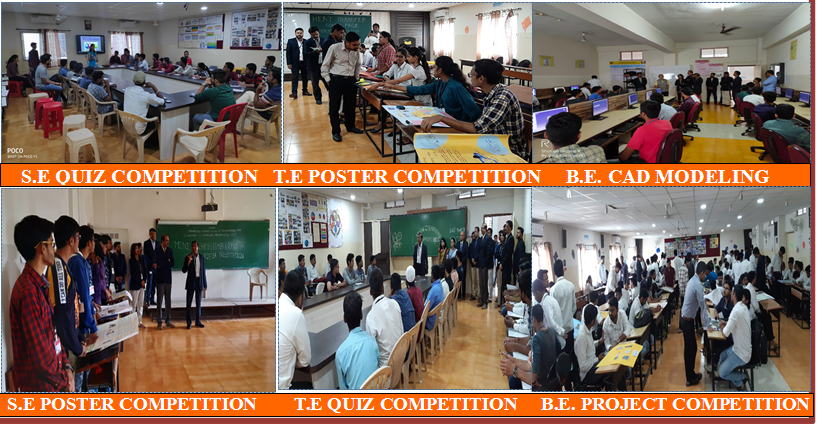
MESA 19-20 Non-Technical Events

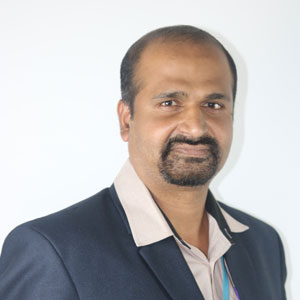






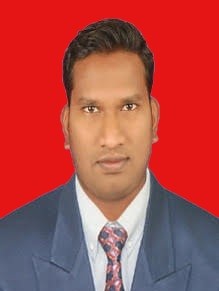
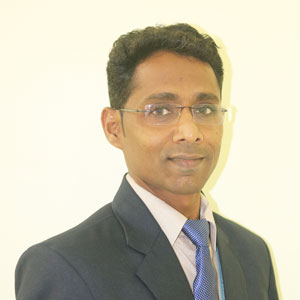

.jpg)

